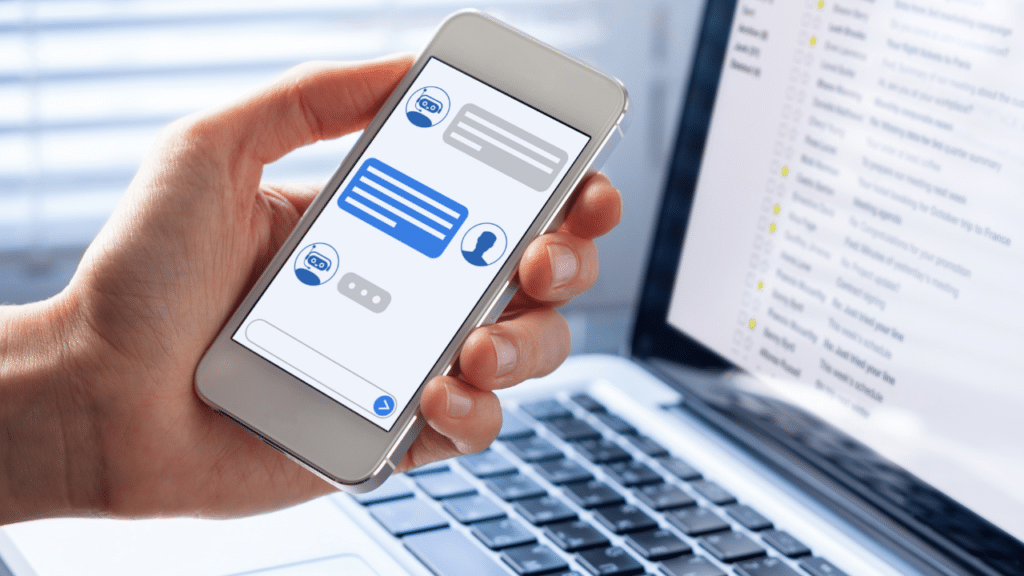ChatGPT, or Chat Generative Pre-Trained Transformer, is an artificial intelligence chatbot designed and released to the public by OpenAI in November of 2022. Since its launch, it has become the fastest-growing consumer app in history, hitting nearly 100 million users in its first two months. Many users dove in headfirst, asking ChatGPT questions and learning from its responses. ChatGPT was also learning in the process. However, there were, and still are today, many people who are skeptical of this chatbot. Some are skeptical of its origins, some are nervous to provide it with personal information, and some are worried about the ethical implications of ChatGPT as it relates to education, business, and the future of research and learning.
In Education
One of the first arenas where ChatGPT became popularized was among students. Students of all ages, but especially university students, began utilizing the chatbot. The problem was not only in the chatbot itself; it was also because students were turning in work completed by ChatGPT. The AI was writing full papers with sources cited and everything. It was also a concern that ChatGPT reinforced bias due to its reflection of Western perspectives.
The initial reaction from universities was to ban the technology; however, this caused those universities to become unresponsive to the technological world that was changing around them, whether they embraced it or not. Once the AI is fully embraced and learned, it can be used for positive purposes, such as speeding up the workload of professors or helping prepare for lessons. Professors and teachers can then educate their students on how to use ChatGPT while following their code of ethics, just as they do with any source material. Students have now learned that ChatGPT can be used as a tool, but not to get out of coursework, especially since the chatbot gathers information from all over the internet, committing plagiarism along the way.
In Business
In the same way that students need to take caution when utilizing ChatGPT, businesses need to as well. ChatGPT can be an amazing tool for all types of business, assisting in research and speeding up processes; however, employees must look out for privacy violations, biases/inaccuracies, plagiarism, and copyright infringement.
To avoid these ethical implications, employees need to be aware of the limitations of ChatGPT, such as its lack of transparency about its sources, making it prey to plagiarism, biases/inaccuracies, and/or copyright infringement. In most businesses, privacy is not an option, for both the business itself and the clients that they work with. Because ChatGPT stores the conversations had with its users, employees must be careful to never provide the chatbot with personal details about themselves or others. If you are aware of the ethical implications, you can use ChatGPT as a source of inspiration for a myriad of your business needs.
When used correctly, ChatGPT can be a helpful resource for yourself and your business. Be sure to follow your company, university, or institution’s guidelines, stay up to date with any changes, and acknowledge your use of either the ChatGPT app or the ChatGPT website. For more information on how you can use ChatGPT ethically, check out our training on ChatGPT and your business.
